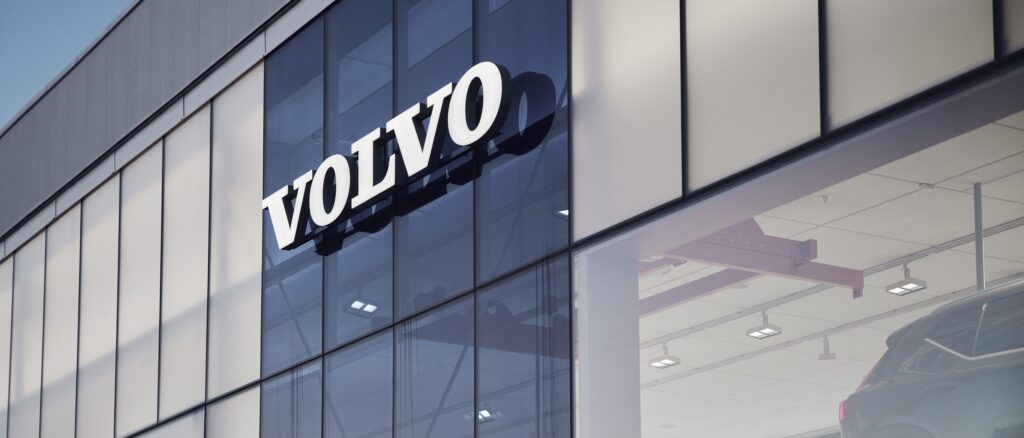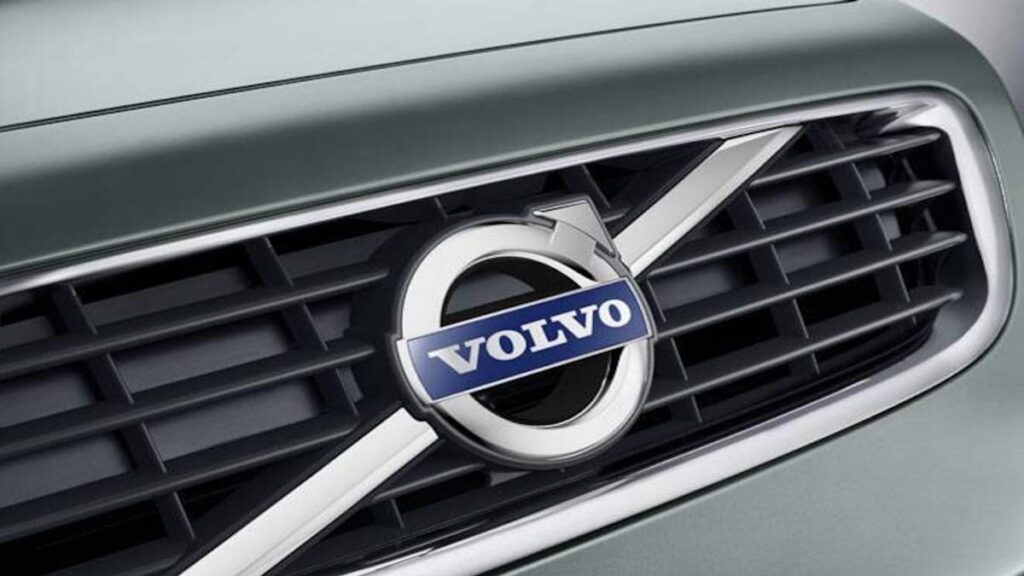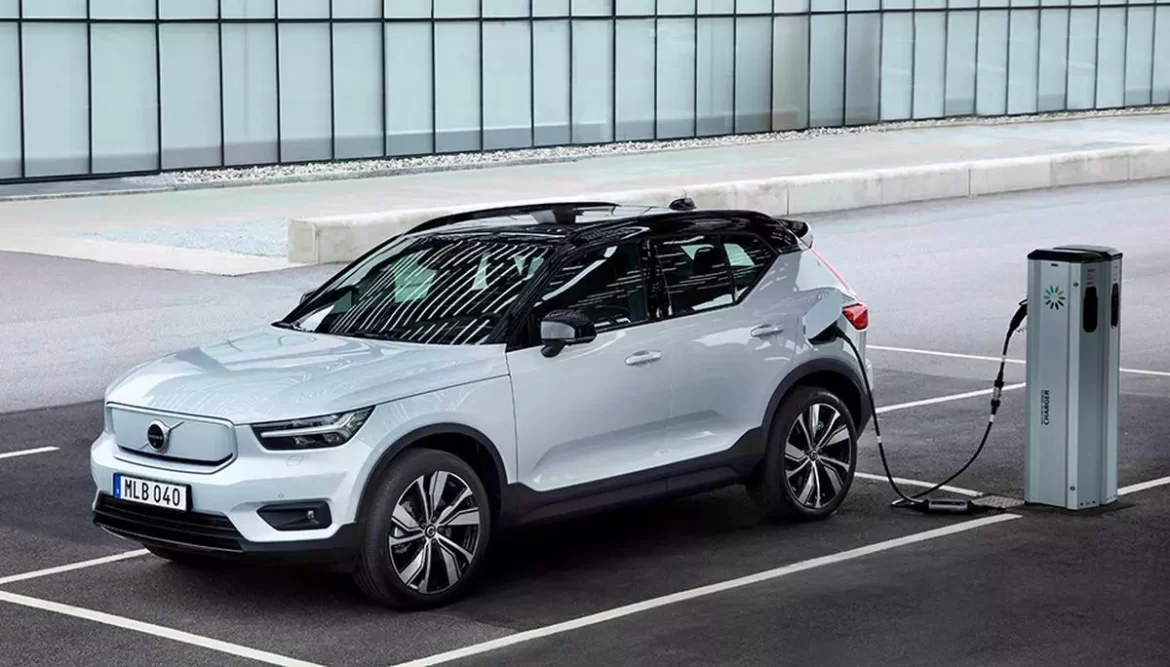According to a top official at Volvo Cars India, the Indian division of the Swedish automaker Volvo plans to completely electrify its portfolio far before the parent company’s 2030 worldwide electrification objective.
Although its IC-engine range now only includes mild hybrid models, Volvo wants to gradually phase out its gasoline-powered cars in favor of battery electric vehicles (BEVs).
By 2025, the carmaker wants to sell half of its vehicles in India as electric vehicles, according to Jyoti Malhotra, managing director of Volvo Auto India. With its most recent launch, the pure electric crossover C40 Recharge, which comes months after the XC40 Recharge EV, which already accounts for 27% of its total sales in India this fiscal year as of May, the company wants to “expand” the consumer base for premium and luxury EVs in India. It will do so by introducing products across price segments in these categories.

Delivery of the C40, touted as India’s most inexpensive electric vehicle, is anticipated to start in September.
The XC40 Recharge pure EV has an ex-showroom price of 56.9 lakh, which is much less than the EVs provided by its German rivals BMW, Mercedes-Benz, and Audi (with the exception of the Mini Cooper SE, which has a lower starting price of 52.9 lakh). In India, EV penetration in the luxury class is now slightly over 5%, which is higher than the EV penetration in the mainstream market for passenger vehicles, which is currently at 2%.
“We are certain that India will achieve 100% electrification by 2030. The speed will vary depending on a number of variables. However, we will undoubtedly reach this goal before many other nations worldwide. By 2025, we also promised to source 50% of our business from electric sources. Our prediction is that Volvo will adopt EVs much more quickly in India. This is likely to occur in the industry as well. Infrastructure is developing at a rate that we had not anticipated,” according to Malhotra.
Customers now have a relatively small selection of EVs to choose from. Expanding the market is crucial, and we anticipate that each product line will boost the industry’s volume. Our goal is to persuade any consumer seeking a premium automobile at a specific price point to pick an EV instead of a car with an internal combustion engine, the man stated.
Volvo Cars forecasts demand for its non-EV models to hold up well for the remainder of the year despite its incremental releases being concentrated in the EV sector, with sales likely to exceed the pre-covid-19 high levels recorded in 2018.
“There is now a strong demand in the market for premium automobiles. The first five months of the year have been rather successful, and I believe 2019 will be a stronger year for the industry than 2018, which was our pinnacle. We’ll all cross that boundary, in my opinion. Having said that, the problem is that there is still a supply shortage, and we are still facing problems there. Inconsistent supply result. You could make plans, but then something might happen, forcing you to change your plans. But if supplies continue as they are, the sector should set a new record for sales this year.
Nevertheless, the mass market has already cleared that threshold and achieved record quantities last year, leaving us in the dust. Back to those levels, please,” Malhotra declared.

According to Volvo Cars India, the country’s infrastructural development would support the growth of the industry as EV sales increase.
“One benefit of all the roads being constructed in India at the moment is that they may be constructed in an EV-friendly manner. Customers would see several benefits when this infrastructure is built, according to stated government objectives, Malhotra added.
The fact that these cars have an unlimited lifespan, unlike IC-engine automobiles in places like Delhi, would also be beneficial. What our nation has to do more quickly is fix the problems with the utilities and make it simple and comfortable to install chargers, he added.

READ ALSO – LinkedIn Is Planning To Employ Generative AI More Often To Create And Publish Content
The AI chatbot will produce an early draft of the user’s post based on the minimum of 30 words that the user provides defining its primary concept.


